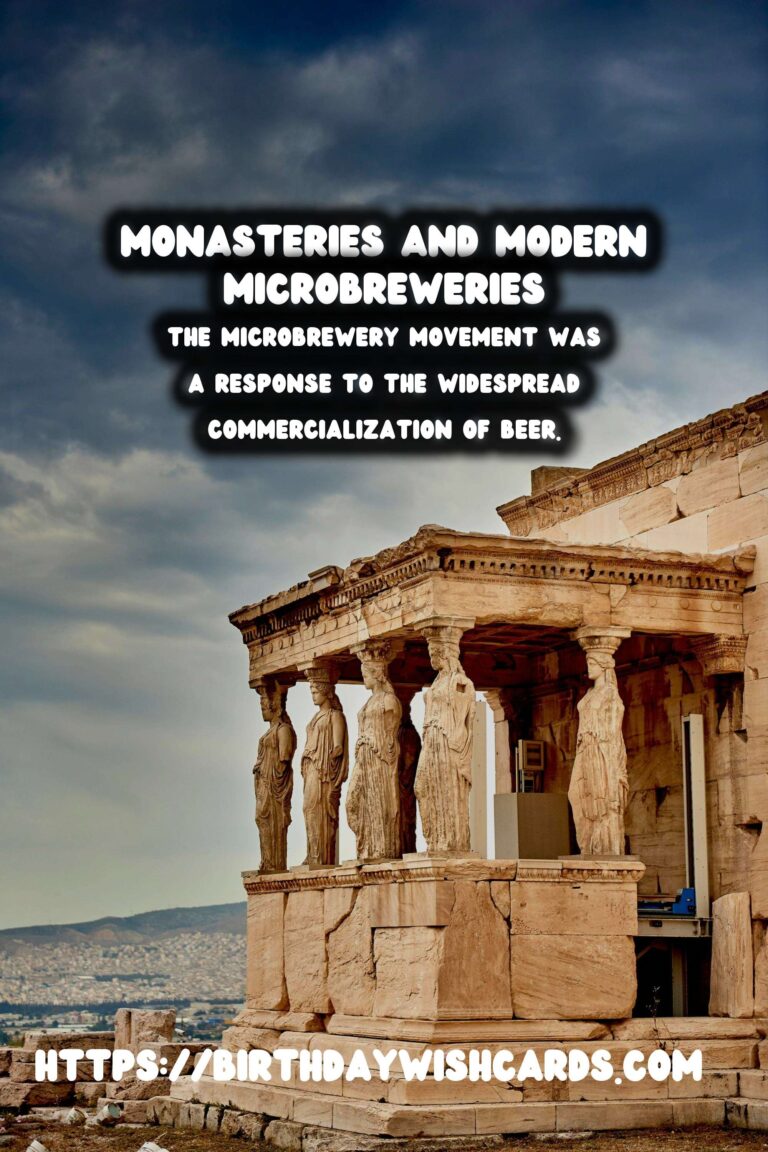
The Ancient Origins of Beer
Beer is one of the oldest beverages produced by humans, with roots extending back to the earliest civilizations. Archeological evidence suggests that beer was being brewed as far back as 7,000 BCE in ancient Mesopotamia.
The brewing process was discovered likely by accident when grains were left to ferment naturally. Soon, it became a staple in the diet of many ancient societies, valued not only for its intoxicating effects but also as a safe alternative to unsanitary water sources.
Monastic Brewing: Beer in the Middle Ages
During the medieval era, monasteries became central to beer production. Monks perfected brewing techniques, and their recipes laid the groundwork for many modern-day beers. Brewing in monasteries was not only about sustenance; it was also a form of charity, with monks providing beer to the poor and travelers.
These monasteries had access to high-quality ingredients and were among the first to brew beer in larger quantities. The Rule of St. Benedict, which guided monastic life, encouraged self-sufficiency, allowing many monasteries to brew beer to sustain themselves and their communities.
The Age of Enlightenment and Revolution
With the advent of the Industrial Revolution, beer production was transformed thanks to technological advances. New brewing techniques and machinery allowed for mass production and distribution, drastically changing the beer landscape.
The introduction of thermometers and hydrometers in the brewing process allowed for greater control over fermentation, leading to more consistent quality. Beer was also increasingly consumed outside of the household as public houses, or ‘pubs,’ became the focal points of social life.
The Rise of Microbreweries
The latter half of the 20th century saw the emergence of microbreweries. These small-scale operations focused on producing craft beers, offering unique flavors and styles not commonly found in mass-produced brands.
The microbrewery movement was a response to the widespread commercialization of beer, rekindling interest in traditional brewing methods and local ingredients. Today, microbreweries are celebrated for their creativity and innovation, enhancing the beer industry with diverse offerings.
Modern Beer Culture
In contemporary times, beer continues to evolve, with craft beers gaining a global following. Beer festivals, tasting events, and brewery tours have also become popular, allowing people to explore the rich variety of beer.
As we further embrace sustainable practices and innovative brewing techniques, the future of beer remains as dynamic and exciting as its history, continuing to captivate enthusiasts worldwide.
Beer is one of the oldest beverages produced by humans. The microbrewery movement was a response to the widespread commercialization of beer. 
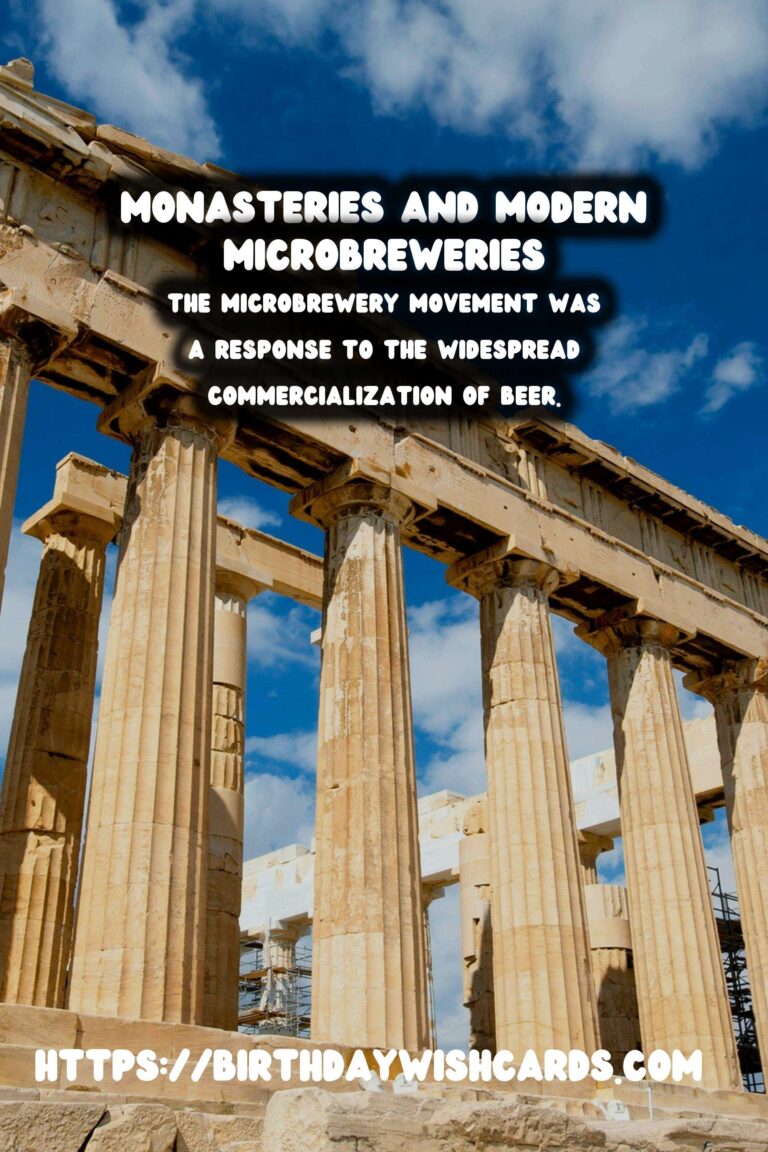
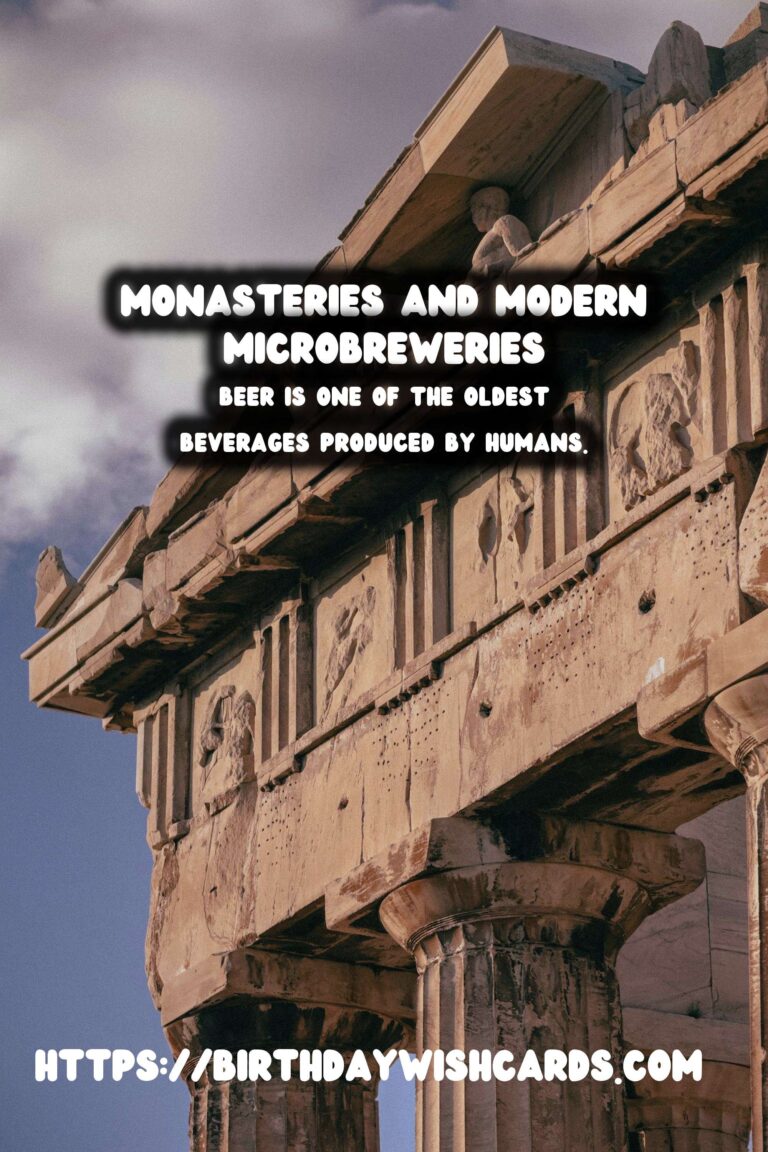
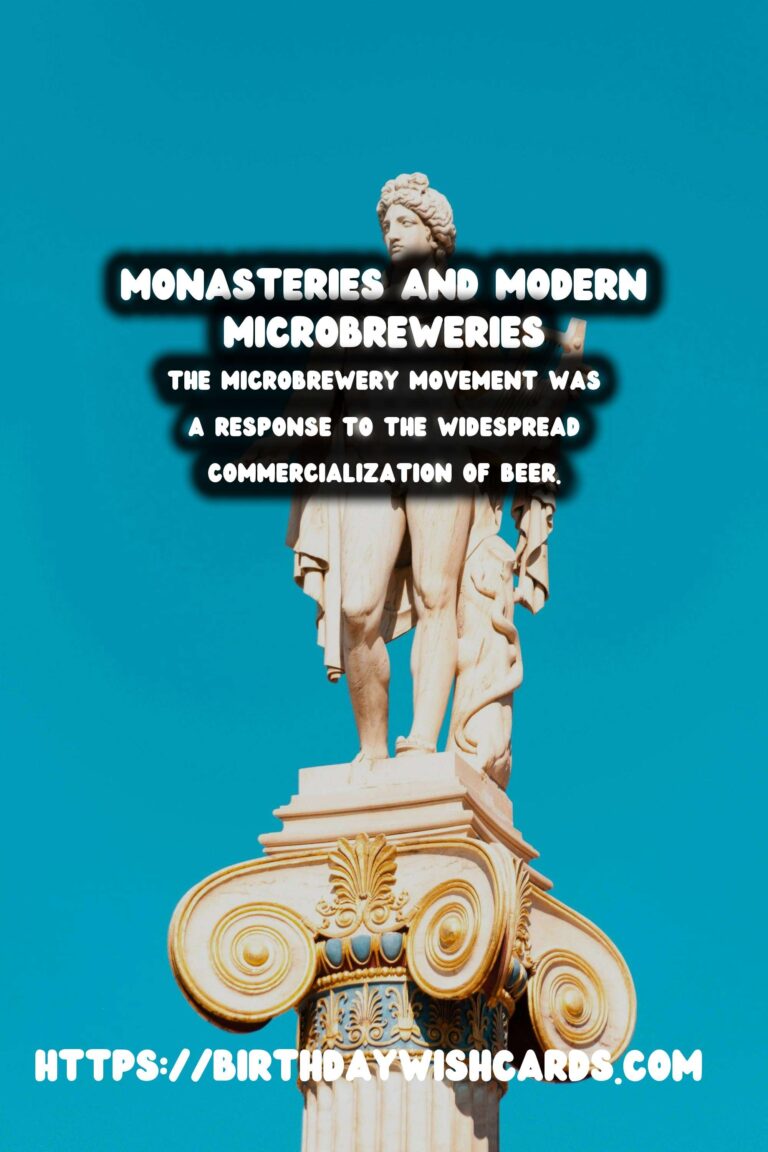

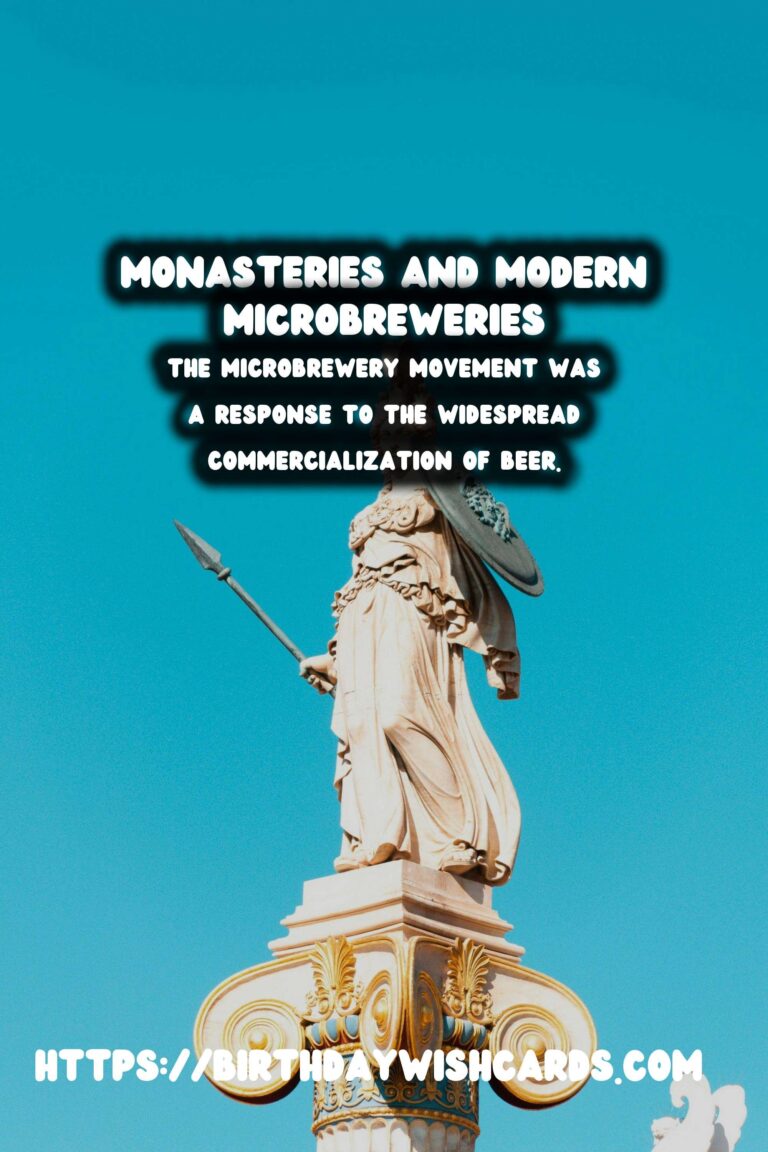
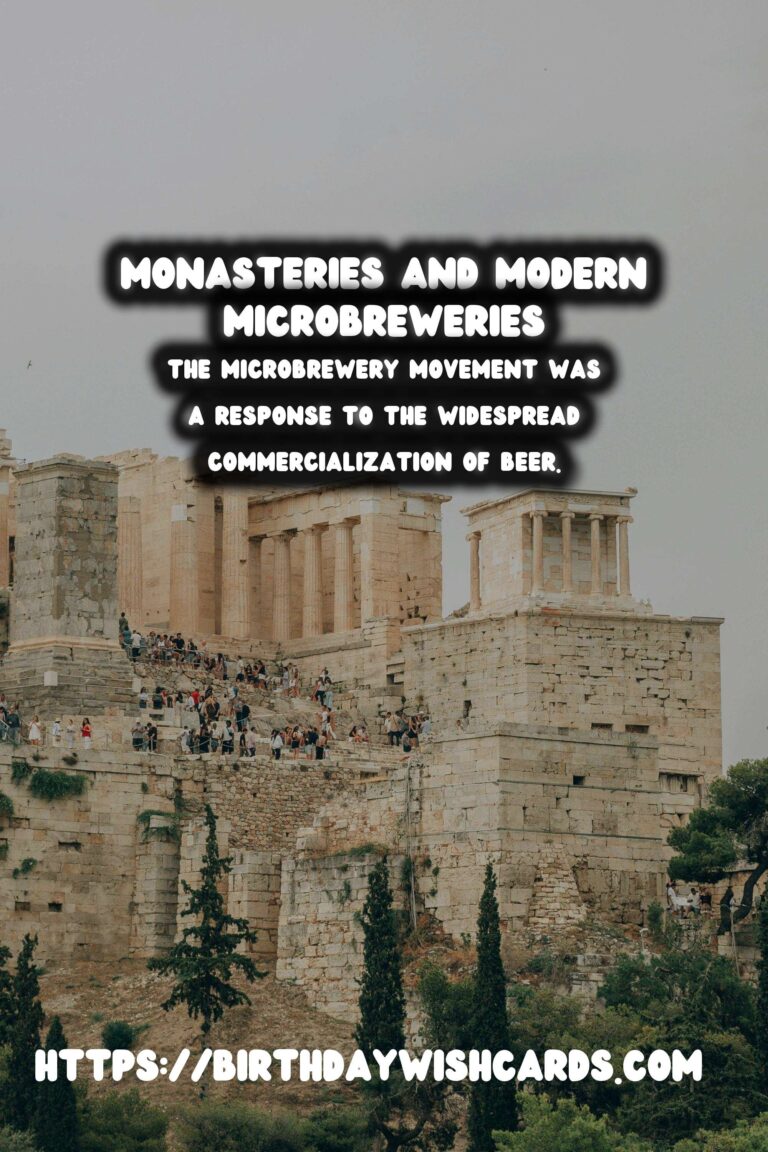
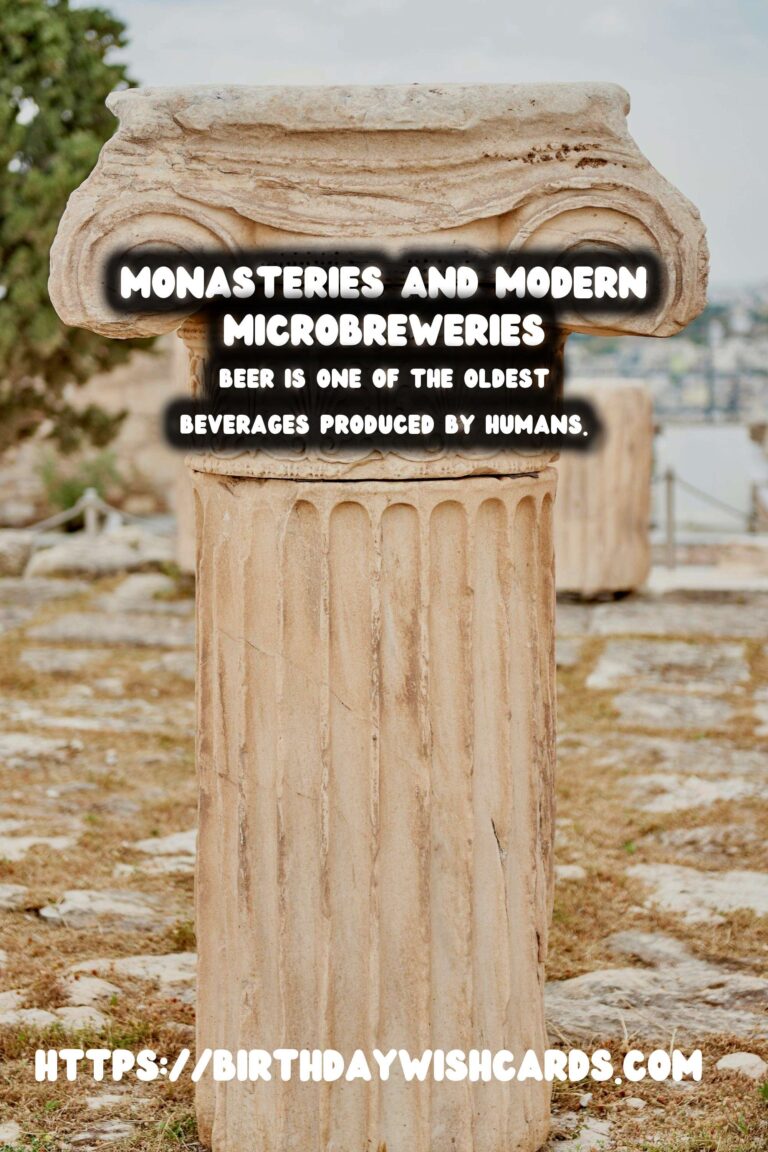
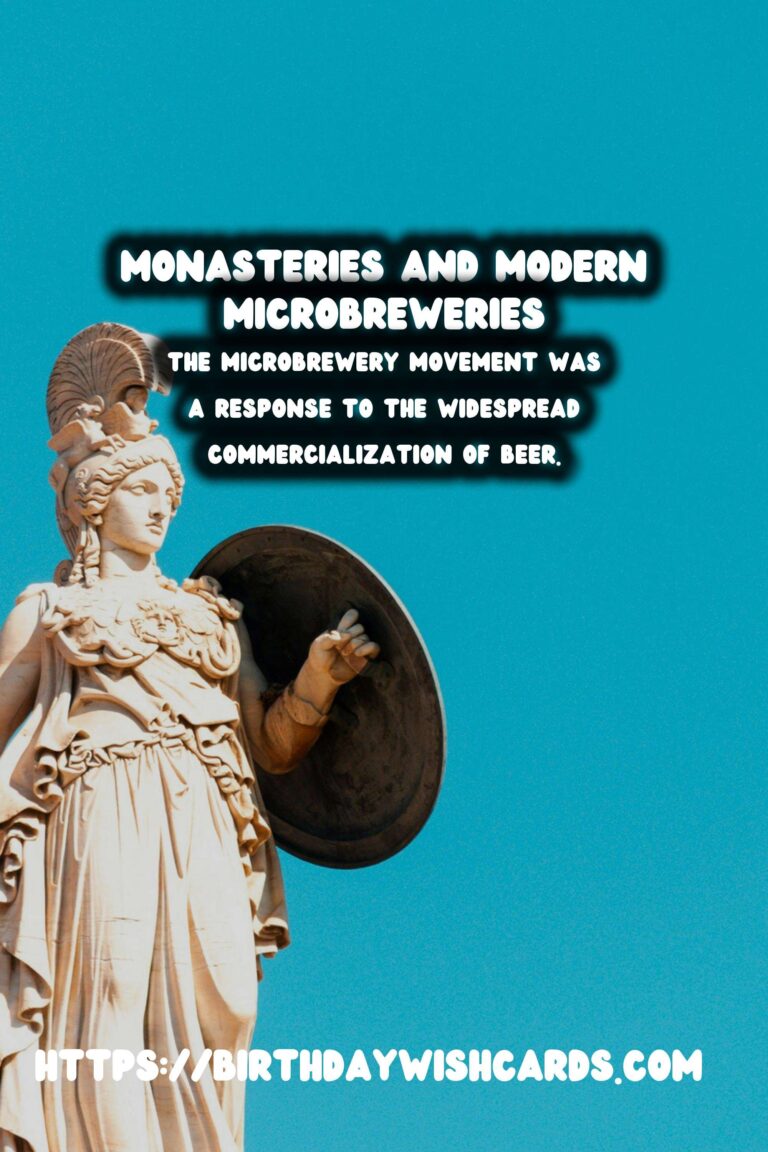
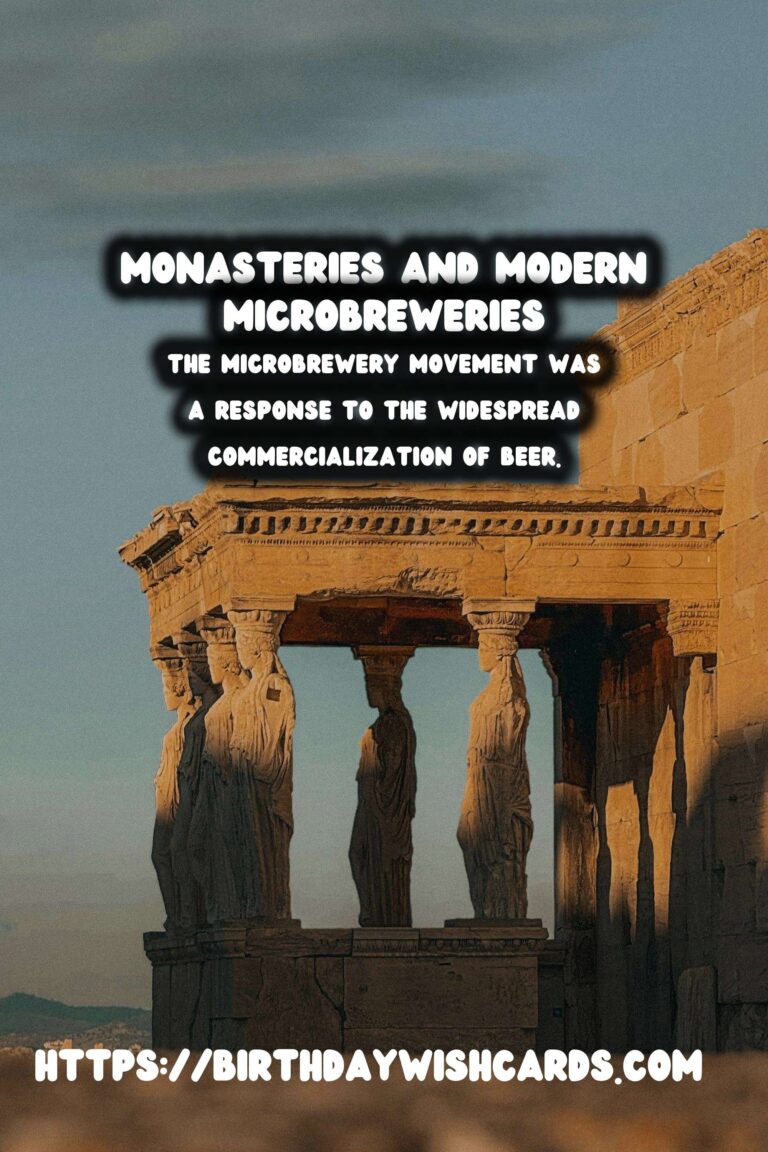
#HistoryOfBeer #Microbreweries




